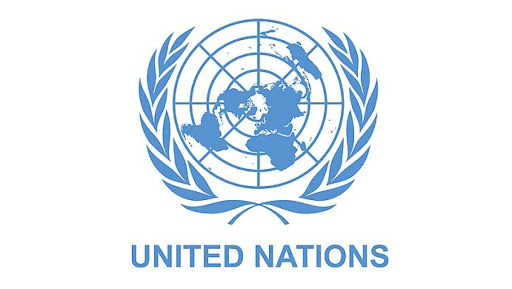Bengaluru: In the wake of child deaths in Madhya Pradesh and Rajasthan linked to toxic cough syrups, the World Health Organization (WHO) has raised concerns about the possible export of contaminated medicines through unregulated or informal channels.
Responding to an October 1 communication from WHO, India’s Central Drugs Standard Control Organisation (CDSCO) confirmed that diethylene glycol (DEG)—a toxic industrial solvent—was found in at least three oral syrups: Coldrif, Respifresh TR, and ReLife. However, the agency stated that none of the tainted products had been exported from India through official channels.
DEG and ethylene glycol (EG) are used in antifreeze and industrial applications and can be fatal, particularly to children, even in small quantities.
While no evidence currently points to overseas distribution, WHO warned that the possibility of unregulated exports "cannot be ruled out." A spokesperson that National Regulatory Authorities (NRAs) worldwide are being urged to conduct targeted surveillance, especially in informal or unregulated markets.
“There is no reliable mechanism to track products exported through illicit channels, which by nature leave no formal trace. That’s what makes this risk particularly serious,” the spokesperson said.
In Karnataka, health minister Dinesh Gundu Rao said the state began random testing in September, collecting 300–400 samples. “None were found to be Not of Standard Quality (NSQ),” he said.
Despite this, Karnataka has banned the sale, prescription, and purchase of syrups suspected of contamination. The state’s Food Safety and Drug Administration issued advisories against ReLife and Respifresh TR last week, and against Coldrif on October 4.




